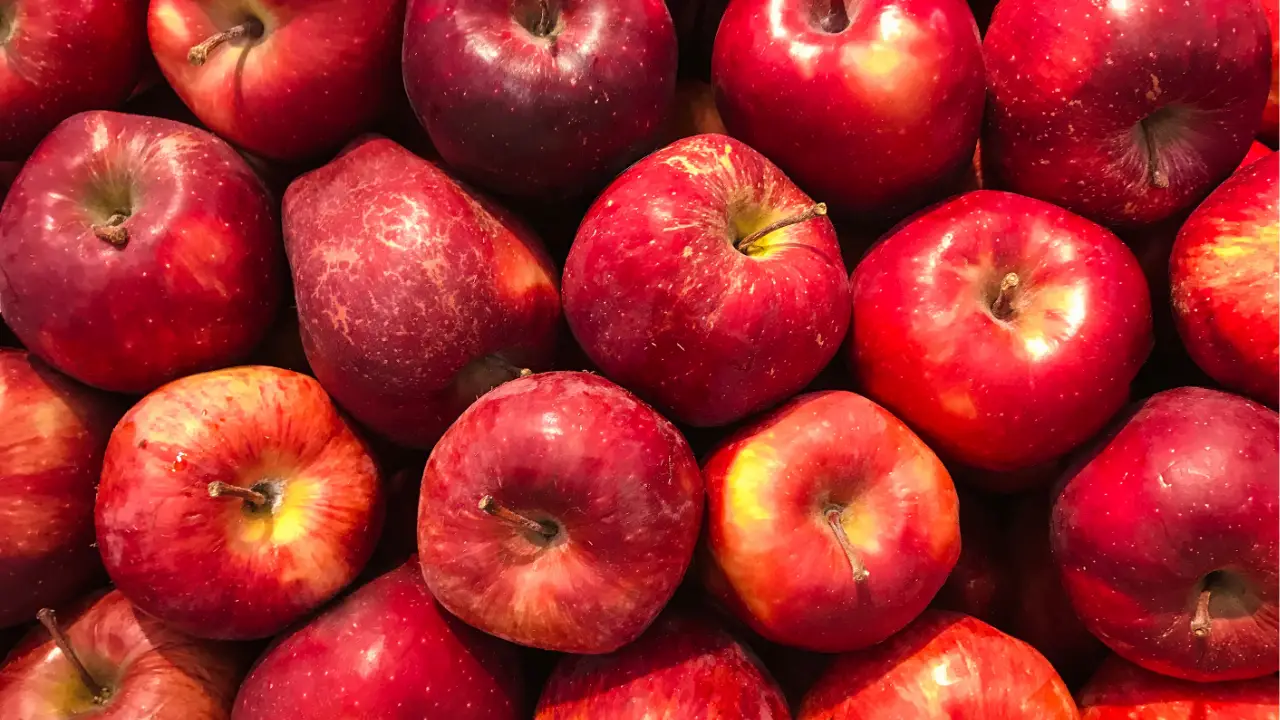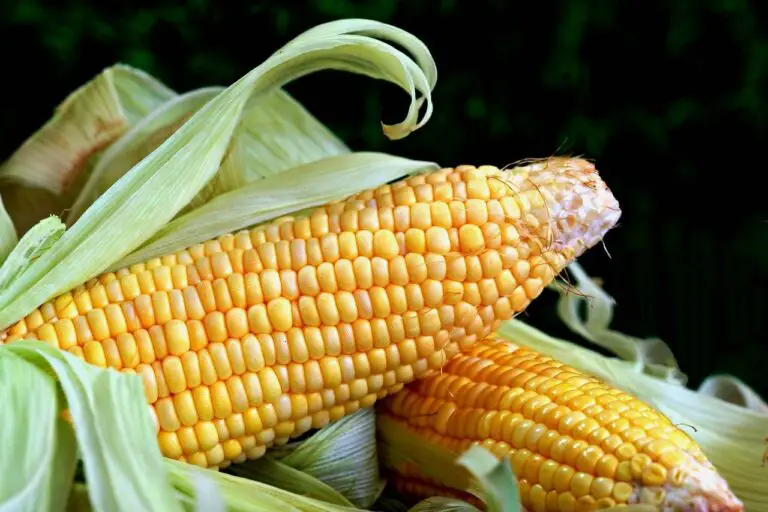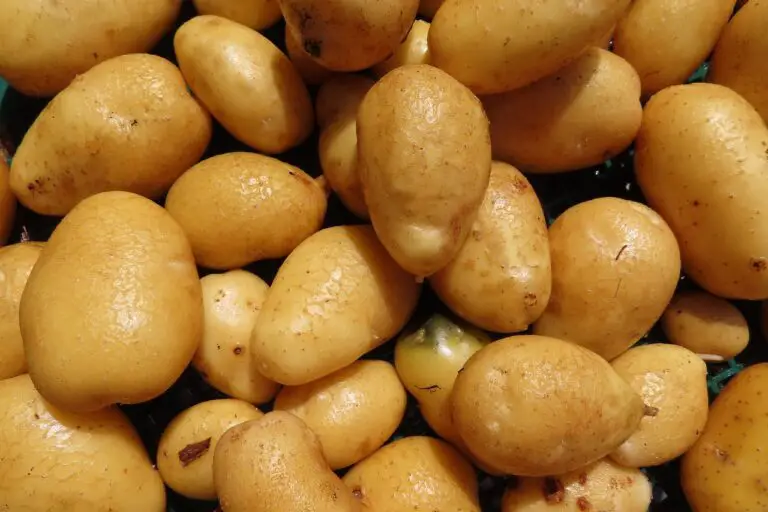How Long Do Apples Last?

Apples are a popular and versatile fruit enjoyed by people all over the world. They are not only delicious but also packed with nutrients, making them a great choice for a healthy snack. However, to get the most out of your apples, it’s important to know how long they last and how to store them properly. In this article, we’ll explore the factors that affect the shelf life of apples and provide tips on how to keep them fresh for as long as possible.
The shelf life of apples depends on various factors including the type of apple, how they are stored, and whether they are whole or cut. Generally, whole apples can last up to 4-6 weeks in the refrigerator and about a week at room temperature. Cut apples, on the other hand, should be eaten within a few days and should be stored in an airtight container in the fridge.
Factors Affecting Apple Shelf Life
Several factors determine how long apples will stay fresh. The variety of the apple is one of the primary considerations. Some types of apples, such as Fuji and Granny Smith, are known for their longevity and can last longer than other varieties like Gala or Honeycrisp. The condition of the apples at the time of purchase also plays a crucial role; apples that are already bruised or have soft spots will not last as long as pristine ones.
Storage conditions significantly impact the shelf life of apples. Apples stored in a cool, dark place will last longer than those kept at room temperature. Proper humidity levels also matter, as too much moisture can lead to mold and spoilage. Using the crisper drawer in your refrigerator can help maintain the ideal environment for apple storage.
Storing Whole Apples
Whole apples are best stored in the refrigerator if you want to extend their shelf life. The cool temperature slows down the ripening process, helping the apples stay fresh for up to 4-6 weeks. It’s a good practice to check the apples periodically for any signs of spoilage, such as soft spots or mold, and remove any affected apples to prevent them from contaminating the others.
If you prefer to keep apples at room temperature, they will last about a week before starting to lose their crispness and flavor. To maximize their freshness, store them in a cool, dark place away from direct sunlight and heat sources. Placing apples in a perforated plastic bag can help maintain their moisture levels without trapping excess moisture that could lead to mold growth.
Storing Cut Apples
Cut apples have a significantly shorter shelf life than whole apples due to exposure to air, which causes them to brown and spoil more quickly. To keep cut apples fresh, store them in an airtight container in the refrigerator. Adding a bit of lemon juice to the apple slices can help slow down the browning process.
For the best quality, consume cut apples within a few days. If you need to store them for longer, consider freezing them. To freeze apples, arrange the slices on a baking sheet and freeze until solid, then transfer them to a freezer-safe bag. Frozen apples can be used in cooking and baking for several months.
Signs of Spoilage
Knowing how to identify spoiled apples can help you avoid consuming fruit that has gone bad. Common signs of spoilage include soft, mushy spots, discoloration, and an off odor. Mold growth is another clear indicator that an apple should be discarded. If only a small area of the apple is affected, you can cut it away and still use the remaining part, but if the spoilage is extensive, it’s best to throw the apple out.
Apples stored at room temperature will show signs of spoilage more quickly than those kept in the refrigerator. Regularly inspecting your apples and removing any that show signs of spoilage can help prevent the spread of mold and extend the life of the remaining apples.
Tips for Extending Apple Freshness
There are several tips you can follow to extend the freshness of your apples. First, handle apples gently to avoid bruising, as damaged apples spoil faster. When storing apples in the refrigerator, keep them away from strong-smelling foods, as apples can absorb odors. It’s also beneficial to store apples separately from other fruits, especially bananas, which release ethylene gas that can accelerate the ripening process of apples.
Using apple-friendly storage techniques, such as wrapping each apple individually in newspaper or placing them in a cardboard box lined with straw, can also help maintain their freshness. Additionally, storing apples in the crisper drawer of the refrigerator, where humidity levels are higher, can prevent them from drying out.
By following these guidelines, you can enjoy fresh, delicious apples for an extended period and reduce food waste. Whether you’re storing whole apples or cut slices, proper handling and storage are key to maximizing their shelf life.






